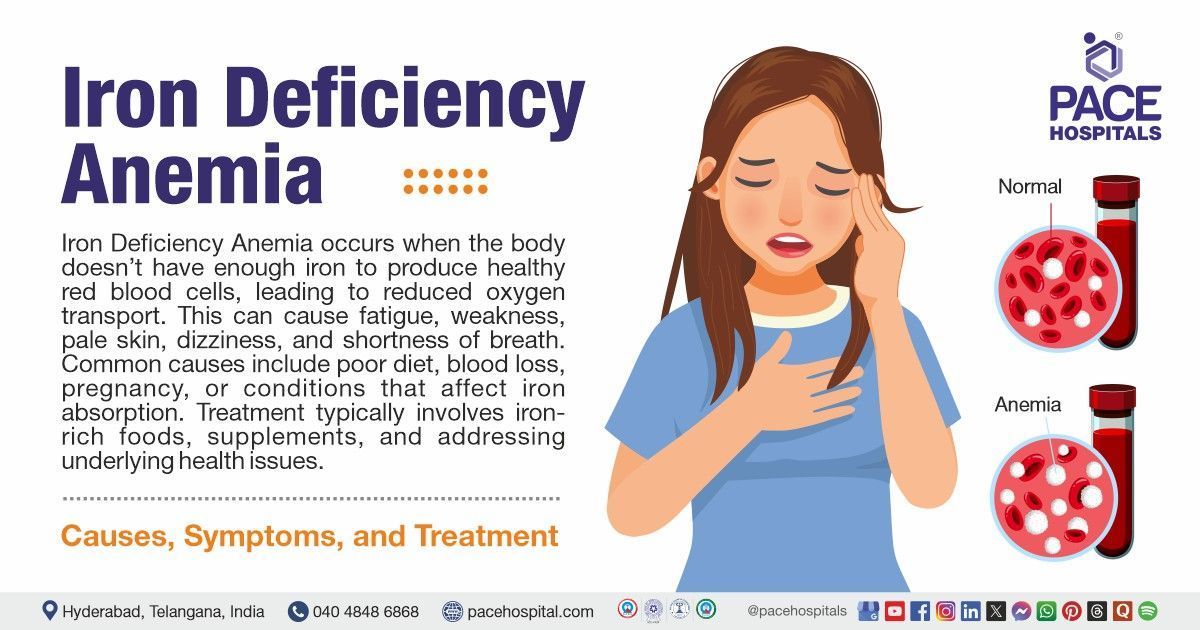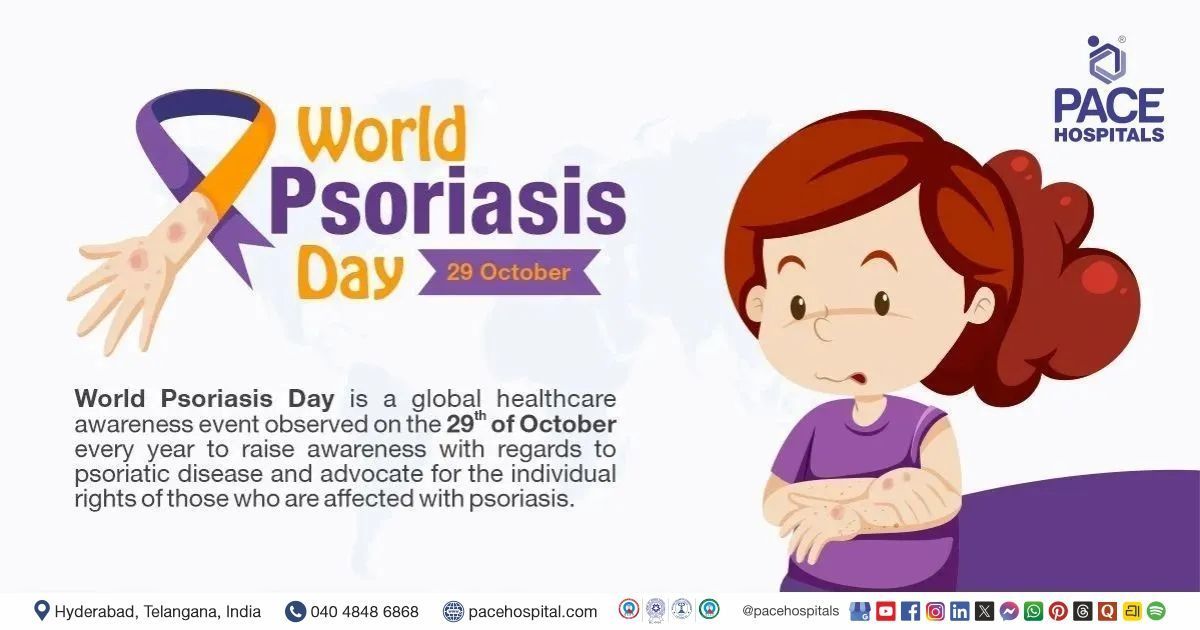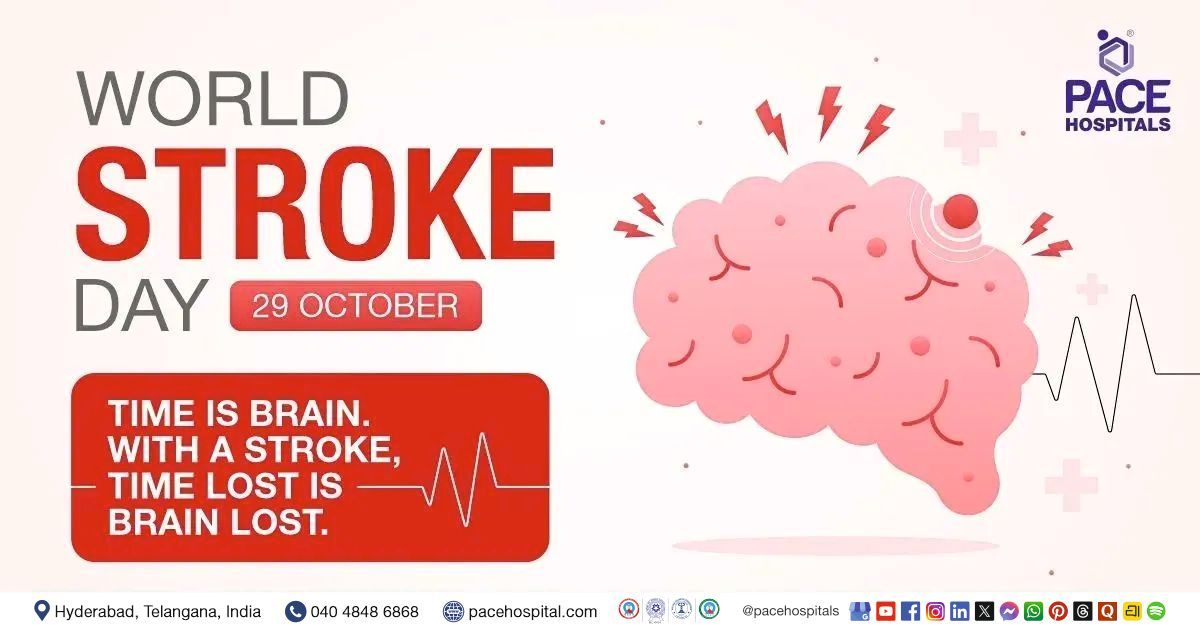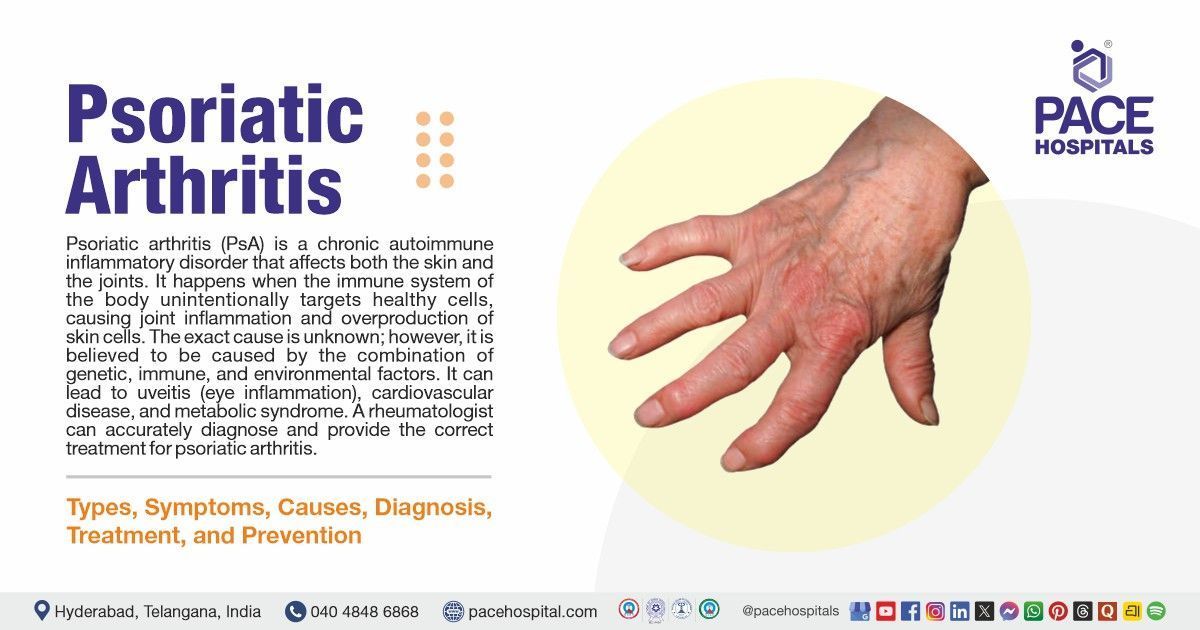Iron Deficiency Anemia: Causes, Symptoms, and Treatment
The main symptoms of iron deficiency are linked to the reduced delivery of oxygen to bodily tissues and the impaired function of iron-containing enzymes in various tissues.
Iron is an essential mineral which surprisingly many people could be lacking. Learn about iron's core functions, symptoms and causes of its deficiency, as well as what high-iron foods to consume.
Iron Core functions in Human Body
Iron combines with other nutrients to form blood proteins which are necessary components of hemoglobin, a part of red blood cells (RBCs). The primary role of RBCs is to transport oxygen from the lungs to bodily tissues and carbon dioxide from the tissues back to the lungs.
Iron is also involved in food metabolism and is a cofactor and activator for some enzymes. In other words, iron influences enzymes which play key roles in energy production and metabolism, including DNA synthesis.
Iron Deficiency Symptoms
The main symptoms of iron deficiency are linked to the reduced delivery of oxygen to bodily tissues and the impaired function of iron-containing enzymes in various tissues.
Iron-deficiency anemia, characterized by very small RBCs, is the most common form of anemia. It must, however, be noted that anemia is the last stage of iron deficiency. Before anemia takes place, iron-dependent enzymes which play roles in metabolism and energy production would first be impacted by low iron levels. In other words, even before anemia sets in, a person who is deficient in iron could already be constantly feeling tired.
Symptoms of iron deficiency include:
- Anemia
- Excessive menstrual blood loss (ironically, also a cause of deficiency)
- Impaired immunity
- Reduced energy levels, fatigue, can't sustain prolonged activities
- Lowered physical performance
- Learning disabilities
- Poor memory and concentration
- Paleness
Iron Deficiency Symptoms in Children
In developing children, even slight iron deficiency can cause learning disabilities. This is because a developing nervous system uses significantly more energy than a mature one, and sufficient iron is critical in providing the energy needed for healthy development and growth.
Symptoms of iron deficiency in children include:
- Delayed physical growth
- Slow mental development - lower IQ, poor short-term memory
- Behavioral issues - hyperactivity, poor social interactions
Research suggests about 9 to 15% percent of children worldwide aged 12–36 months have iron-deficiency anemia.
Common Causes of Iron Deficiency
Certain groups are more vulnerable to iron deficiency, including:
- Infants (under 2 years old)
- Teenage girls
- Pregnant women
- The elderly (especially those with low income)
Research suggests that 30–50% of people in these groups may have inadequate iron levels.
Causes of Iron Deficiency:
- Increased Iron Needs: During infancy, adolescence, pregnancy, and lactation, the body requires more iron.
- Poor Dietary Intake:
- Common worldwide, especially in infants fed iron-poor diets high in cereals and milk.
- Teens and adults who consume excessive processed/junk foods are also at risk.
- Reduced Iron Absorption or Utilization:
- Chronic diarrhea or malabsorption issues.
- Stomach surgery or conditions that reduce stomach acid (e.g., frequent antacid use).
- Blood Loss:
- Heavy menstrual bleeding.
- Peptic ulcers, hemorrhoids, or other conditions causing internal bleeding.
Among the elderly, particularly those with low incomes, decreased iron absorption is a significant risk factor.
List of High-iron foods
Iron is an essential mineral that plays a key role in oxygen transport, energy production, and overall health. A well-balanced diet rich in iron helps prevent deficiencies, especially for those at higher risk, such as pregnant women, children, and individuals with heavy blood loss. Iron comes in two forms: heme iron, found in animal-based foods and easily absorbed, and non-heme iron, found in plant-based sources and better absorbed when paired with vitamin C. Including a variety of iron-rich foods in your meals can help maintain optimal iron levels. List of High-iron foods:
Animal-Based Sources (Heme Iron – More Easily Absorbed)
- Organ meats (liver, kidney)
- Beef
- Clams
- Shrimp
Plant-Based Sources (Non-Heme Iron – Absorption Enhanced with Vitamin C)
- Legumes & Beans: Black beans, black-eyed peas, kidney beans, chickpeas, lentils, lima beans, pinto beans, soybeans
- Leafy Greens: Spinach, Swiss chard, turnip greens
- Whole Grains & Seeds: Quinoa, whole grains
- Other Plant Sources: Pumpkin, kelp
Iron-Rich Supplements & Fortified Foods
- Blackstrap molasses
- Brewer's yeast
- Prune juice
Soy-Based Iron Sources
- Tofu
- Tempeh
Nuts & Seeds
- Various nuts (almonds, cashews, etc.)
Broadly speaking, heme iron (from animals) is better absorbed by the body than nonheme iron (from plants).
Iron levels in the body need to be carefully balanced as iron overload is linked to higher risks of heart disease, infections and even cancer. It can also harm the liver and pancreas. Iron excess is more common in men and, as such, some practitioners restrict iron supplementation only to persons with iron deficiency and women who are menstruating, pregnant or lactating.
Share on
Request an appointment
Fill in the appointment form or call us instantly to book a confirmed appointment with our super specialist at 04048486868











